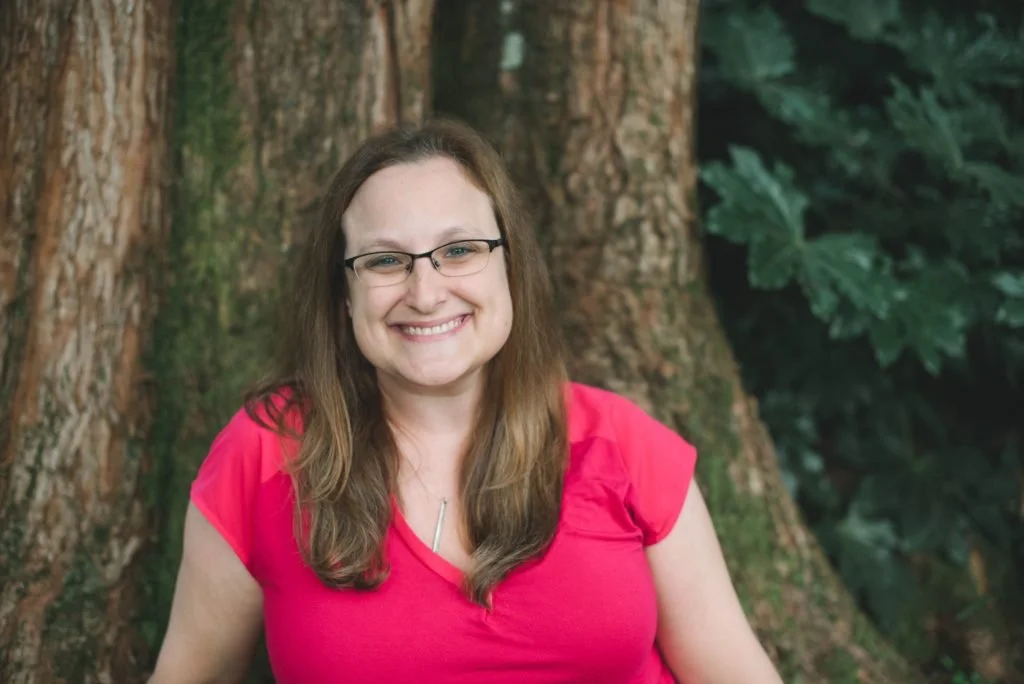Dialectical Behavioral Therapy Program
The Dialectical Behavioral Therapy (DBT) program offers full DBT therapy including individual therapy, DBT skills group training, and coaching services with a DBT-trained Three Oaks clinician.
-

Brandy Alcorn (she/her), LPA, LCAS, CCS
DBT Program Manager
-

Phil Stillman (they/them), PhD, MSW, LCSWA
DBT Group Facilitator
DBT Group Details
An ongoing Dialectic Behavior Therapy (DBT) skills training on interpersonal effectiveness facilitated by Brandy Alcorn, LPA, LCAS, CCS. Skills training on distress tolerance, emotion regulation, interpersonal effectiveness, and core mindfulness skills.
"For a decade at the start of my career, I worked exclusively doing DBT with chronically suicidal and self-harming individuals who also had extensive trauma histories, substance use disorders, and eating disorders. I have found it extremely rewarding to work with these complex individuals and see them thrive when other therapy has not been effective."
-Brandy Alcorn, DBT Program Manager
Two meeting options:
1) Wednesdays 4:30-6:00pm; virtually via Zoom
2) Mondays 4:30-6pm; in-person at the North Durham office
1735 Guess Road
Durham, NC 27701
Price per session: $50
New and existing clients welcome.
Email Brandy Alcorn, LPA, LCAS, CCS for more information:
brandy@threeoaksbehavioralhealth.com
DBT Group Details
An ongoing Dialectic Behavior Therapy (DBT) skills training on interpersonal effectiveness facilitated by Brandy Alcorn, LPA, LCAS, CCS. Skills training on distress tolerance, emotion regulation, interpersonal effectiveness, and core mindfulness skills.
"For a decade at the start of my career, I worked exclusively doing DBT with chronically suicidal and self-harming individuals who also had extensive trauma histories, substance use disorders, and eating disorders. I have found it extremely rewarding to work with these complex individuals and see them thrive when other therapy has not been effective."
-Brandy Alcorn, DBT Program Manager
Two meeting options:
1) Wednesdays 4:30-6:00pm; virtually via Zoom
2) Mondays 4:30-6pm; in-person at the North Durham office
1735 Guess Road
Durham, NC 27701
Price per session: $50
New and existing clients welcome.
Email Brandy Alcorn, LPA, LCAS, CCS for more information:
brandy@threeoaksbehavioralhealth.com
FAQs
-
Dialectical Behavioral Therapy (DBT) is a skills-focused treatment used for managing Borderline Personality Disorder (BDP), depression, anxiety, bipolar conditions, substance use disorders, and disordered eating behaviors.
-
DBT is considered an effective treatment for folks who would like to tolerate distress more effectively, learn more about emotions and how to regulate them, improve the ability to take care of relationships, balance personal needs with the needs of others, build self-respect and develop core mindfulness skills. If you are struggling with suicidal ideation, self-harming behaviors, depression, anxiety, disordered eating behaviors, and/or substance use, then DBT may be beneficial for you.
-
DBT skills groups are 90-minutes long and can have anywhere from 6 to 15 participants. Groups are held in a non-judgemental atmosphere in order to create a safe space to process distressing situations and intense emotions. Groups generally start with a brief mindfulness practice followed by a review of the assignment from the previous week. You will learn new skills to begin practicing for the next group. You are invited to share as much as you are comfortable with. Open and increased participation adds to the richness of the discussion.
-
DBT therapy sessions include individual therapy, a skills group, and coaching which is an additional support that allows for more frequent contact with your therapist if you are needing support between sessions.
-
Individual therapy is billed the same no matter what modality you are working with. DBT Program participants attend group and individual sessions weekly. Individual sessions can be billed through insurance (if in-network) and group sessions are considered self-pay (out of pocket). If you are a DBT client, the coaching time is included (no additional payment required).
-
A DBT therapist facilitates the weekly DBT skills group, meets with clients for individual therapy sessions, and is available in between sessions for skills coaching. The therapist will review diary cards with clients in order to maintain DBT structure during the individual sessions. The diary card is utilized through a free app called Psychsurveys where clients fill out information about their emotional experiences and the therapist has access to review and discuss during sessions.
-
In order to get the full experience of treatment and the offerings of the DBT program, you would participate in individual therapy and attend the DBT skills group. However, there are options to elect DBT informed treatment which does not have to include all of the program's elements.
-
Yes! DBT has been shown to be effective for Borderline Personality Disorder (BPD), mood disorders (depression and bipolar conditions), substance use disorders, anxiety disorders (GAD, etc.), and some eating disorders (binge and purge behaviors).
-
Minimally, about 6 months.
